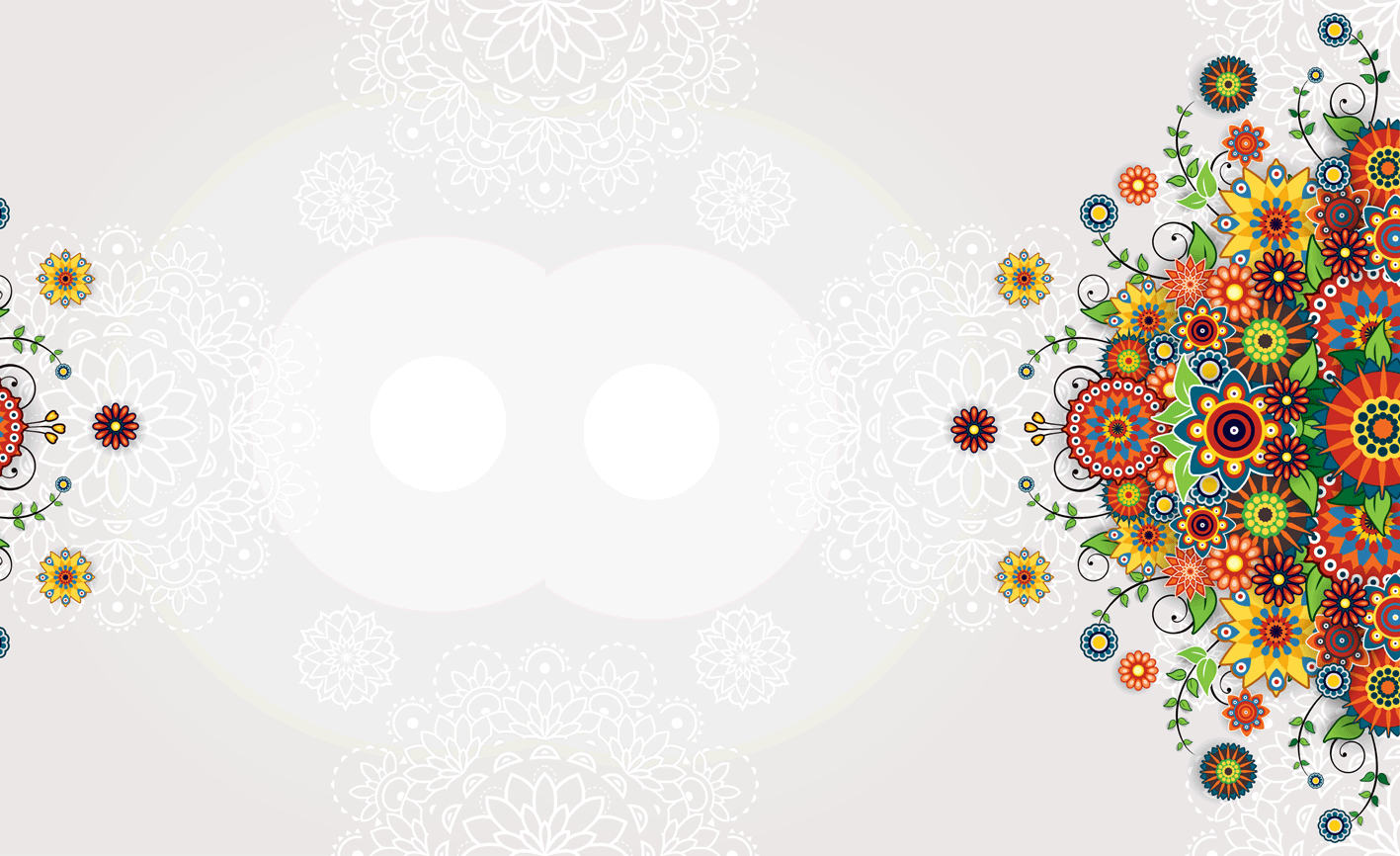
9 Empowering Mantras to Shift Your Mindset
Simple words and phrases have the power to interrupt negativity and invite change in life. Discover how mantras can affect your well-being. by Lori Majewski
Originally published on Sonima on March 27, 2015
They’ve been around for at least 3,000 years, but mantras are having a mainstream moment.
We meditate on them. We find them in pop songs that encourage us to “Let It Go” and get “Happy.” We tape them to our fridges and computers, pin them to our Pinterest boards, InstaQuote them on Instagram.
And, this month, a few million of us have practiced daily mantras and “centering thoughts” with the help of Deepak Chopra and Oprah Winfrey’s new 21-day Meditation Experience, “Manifesting True Success.”

Actually, it was the big O herself who pointed me in the way of my go-to mantras. A few years ago, I sought out the new age-y anthems of American singer/songwriter Snatum Kaur after reading a ringing endorsement from Winfrey. She wrote that the self-described “peace activist” had her in tears when Kaur surprised her on her birthday with a performance that included the singing of one of Winfrey’s favorite mantras, “Ong Namo Guru Dev Namo” (translation: “I call upon the Divine Wisdom and bow to this Wisdom”).
I didn’t “get” Kaur or her mantras right away, though. The ones on her album Feeling Good Today! initially struck me as too simple, too obvious, and, dare I say, hokey. “Feeling good today, I am feeling good today,” she sings on the title track. “I am happy, I am good. I am happy, I am good,” she intones on “I Am Happy.”
Still, I kept the songs on in the background as I went about making myself breakfast, during my morning yoga practice, and throughout the workday. Ever since, I’ve started most days singing along to Kaur’s mantras. Whenever I get up on the wrong side of the bed, a dose of “I am happy, I am good” right-sides my mood; it helps me to approach the work day with confidence and anticipation. Far from corny, I now see these, yes, simple phrases—and mantras in general—as quite powerful.
In contemplative context a mantra is a word, sound, or invocation used to aid concentration for meditation. “When we chant these mantras, the vibrations become a reality within our beings and within our experience,” explains Kaur (who, by the way, says Feeling Good Today! was originally intended “to give children positive affirmations. Then it became apparent that it wasn’t just for children—it was for adults as well”).
“There are lots of studies that have been done on mantras showing that [chanting them] can reduce stress levels, but yogis say it’s doing much more than that: It’s actually changing your brain’s chemistry,” continues Kaur, who lives in Wilton Center, New Hampshire, and this spring embarks on a U.S. tour. “The tapping of the tongue on the roof of the mouth sends messages and vibrations to areas of your brain and work with the brain and then the whole body to effect very, very real change.”
Traditionally, yoga was taught one to one—teacher to student—“and in that way, it’s easy to understand that mantras would be given by one’s teacher who was in a position to intuit what would be most helpful,” says Tam Terry, a yoga teacher at Devotion Yoga in Hoboken, New Jersey. These days, though, mantras are inspirational tools that are employed by everyone from group-fitness trainers (“You’re too legit to quit!” shouted my Soul Cycle instructor last week while blasting MC Hammer) to life coaches and psychiatrists.
“You’re doing a mini-meditation when you’re saying a mantra,” says Vanessa Pawlowski, Psy.D., a psychologist based in Beverly Hills. “When we are feeling flooded by obtrusive thoughts, it gives us something we can hold on to. I work with people who have anxiety and who have eating disorders. There’s a lot of negative self-talk, people getting stuck in judgment and playing the same thing over and over again [in their minds]. So I have them use mantras as a way of interrupting those negative experiences and instead give them something positive to focus on: “I’m going to love myself no matter what today”; “I deserve to be loved no matter what happens”; “Nothing can stop me today—I can only stop myself.”
Read the whole article here: https://www.sonima.com/meditation/mantras/